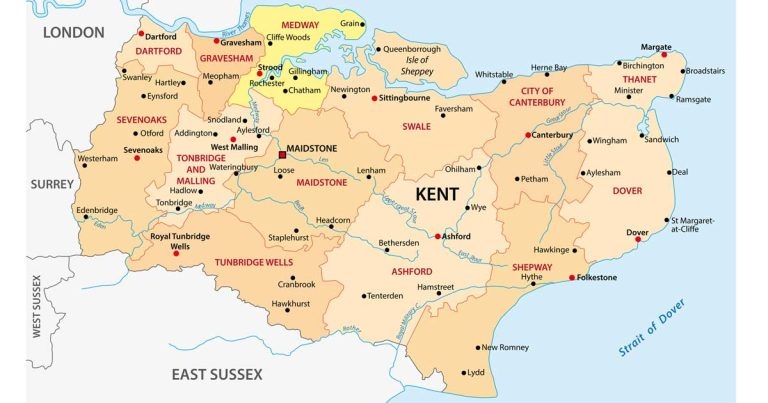18 Dec 2023
A total of 23 animals in England have now been confirmed to have the virus since the initial case was detected last month, though officials maintain they do not believe it is circulating more widely.

Image: © lesniewski / Adobe Stock
The number of confirmed bluetongue cases in England has risen to 23, following the detection of nine new infections in Kent over recent days.
Officials said five cases were discovered in a cattle herd within the Sandwich Bay area on Friday 15 December, followed by three more among the same herd the following day.
A further infection in a sheep was then confirmed yesterday (17 December), at a different location within the same area. All the affected animals are to be culled to reduce the risk of further transmission.
However, Defra maintains no evidence shows the virus is circulating more widely in Great Britain, although surveillance work remains ongoing.
A new update of the bluetongue situation in mainland Europe, published by Defra on 8 December, said more than 5,600 outbreaks of the BTV-3 strain seen in England have so far been recorded in the Netherlands, although new infections appear to be slowing.
There have also been 15 confirmed BTV-3 outbreaks in Germany, plus 4 in Belgium.
The assessment said the cause of BTV-3 entering the UK was still unknown, though enquiries are ongoing.
Elsewhere, around 1,350 cases of a new BTV-8 strain have been reported in France, along with 273 outbreaks of varying strains in Italy – mostly on the island of Sardinia – plus 5 BTV-4 cases in the Galicia and Madrid regions of Spain.
Places remain available for a veterinary webinar to be led by the Agriculture and Horticulture Development Board (AHDB) and Defra tomorrow (19 December) on the current situation, while further sessions are also being planned for the new year.
Full details of how to join are available here.